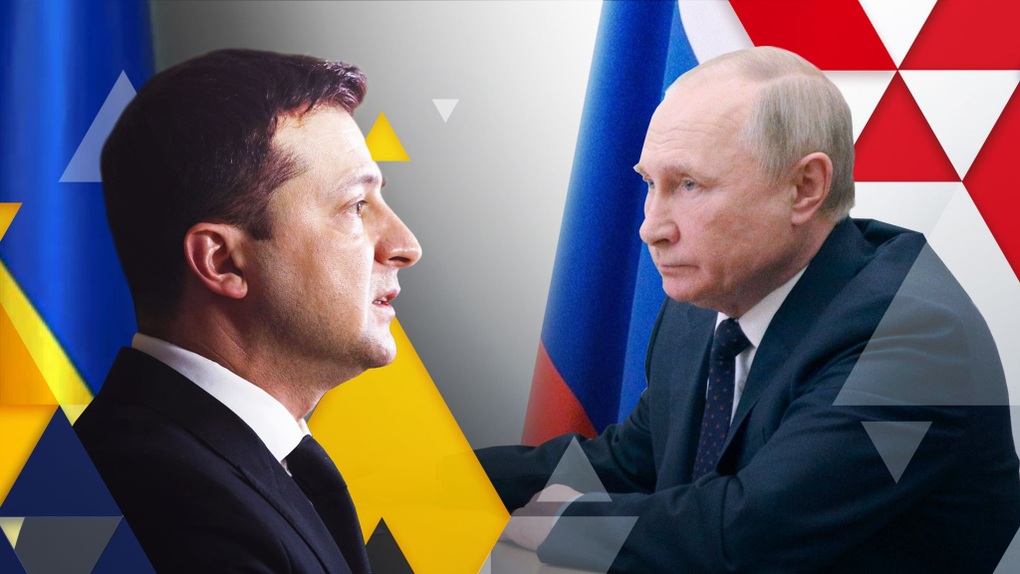
Ukrainian President Zelensky and Russian President Putin (Photo: Sky News).
Russia is still standing strong
According to the Wall Street Journal , the conflict in the Middle East dominates the media and US support for Kiev is showing signs of slowing down due to bipartisan differences, not to mention Republican presidential candidate Donald Trump's pro-Putin tendencies.
The Russian leader has reason to believe that time is on his side. On the front lines, there is no sign that Moscow is losing. The Russian economy has been hit hard but not to the point of collapse. Paradoxically, the president’s grip on power was strengthened by the failed Wagner rebellion led by Yevgeny Prigozhin in June.
Popular support for Russia in the conflict remains stable and elite support for the Kremlin chief appears unbroken.
Promises by Western officials to revive their defense industries have run into bureaucratic and supply chain hurdles.
Meanwhile, sanctions and export controls have hampered Russia’s special operations efforts less than expected. Russian defense factories are ramping up production, and legacy Soviet-era factories are outperforming Western factories when it comes to much-needed items like artillery shells.
The technocrats in charge of Russia’s economy have proven resilient. Rising oil prices, partly due to close cooperation with Saudi Arabia, are filling state coffers. Kiev, by contrast, is heavily dependent on Western aid.
The Kremlin chief can also look with satisfaction at his foreign policy. His investments in key relationships have paid off. China and India have provided a vital fulcrum for the Russian economy by increasing imports of Russian oil and other goods.
Rather than worry about losing markets in Western Europe and EU sanctions, President Vladimir Putin has decided that it would be more profitable in the short term to simply become a more economically dependent partner of China. Goods from China account for nearly 50% of Russia’s imports, and Russia’s leading energy companies are shifting their sales to China.
Even neighboring countries such as Armenia, Georgia, Kazakhstan and Kyrgyzstan, despite certain reservations, have made huge profits by acting as facilitators of sanctions evasion and as transit points for goods that Russia previously imported directly.
None of this should come as a surprise. More than six months before the conflict erupted in February 2022, Vladimir Putin issued a new national security strategy for Russia. The main goal was to prepare the country for a long-term confrontation with the West. Today, the Russian leader can tell the country that his strategy is working.
Russia will not give in?
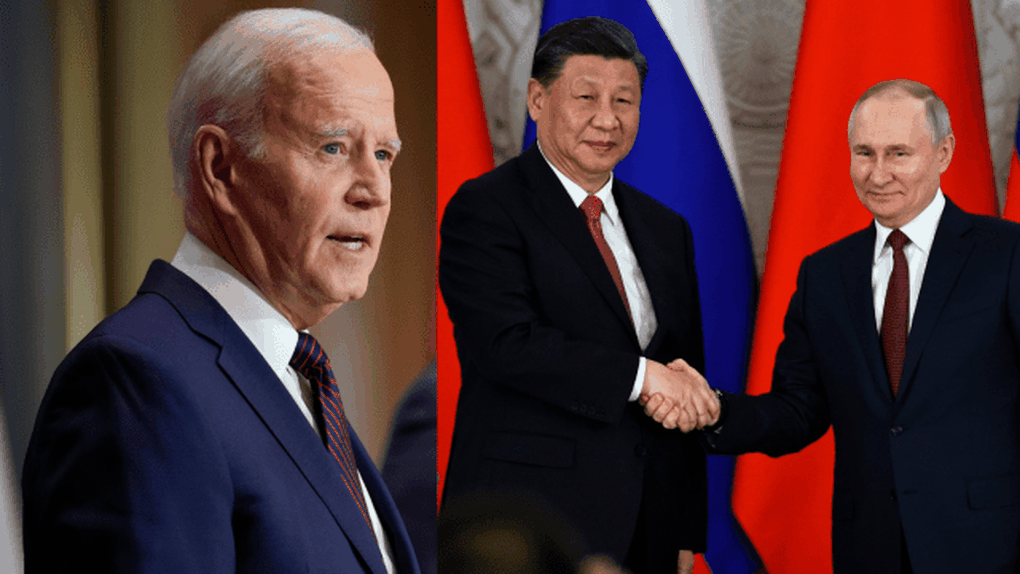
The US is increasingly concerned about the Russia-China relationship (Photo: The Hill).
Mr Putin appears to feel no pressure to end the conflict or worry about sustaining it indefinitely. As winter approaches, the Russian military has launched a limited ground offensive and is certain to expand its missile and drone attacks on Ukraine’s cities, power plants, industrial zones and other critical infrastructure.
At a minimum, Mr. Putin expects that American and European support for Kiev will dissipate, that Ukrainians will tire of the endless horror and destruction inflicted on them, and that the combination of the two will allow him to hammer out the terms of a deal to end the conflict and win.
In the Kremlin chief's view, the ideal person to strike such a deal is Donald Trump, if he returns to the White House in January 2025.
The Russian leader is ready to weaponize everything to win the conflict in Ukraine. Nuclear arms control and European security are being held hostage by Russia's insistence that the West end its support for Ukraine.
What remains of the Cold War arms control framework will be completely gone by 2026, and there is an increasing risk of an unpredictable three-way nuclear arms race between the US, Russia and China.
The Kremlin boss will use every global and regional issue – whether the Israel-Gaza war, food security or climate action – as leverage to win the conflict with Ukraine and the West.
The situation poses an unprecedented challenge to Western leaders. Washington and its allies have been remarkably effective in addressing the most pressing aspects of the problem: preventing Ukraine from collapsing, providing it with advanced weapons and real-time intelligence, and imposing sanctions on Russia.
But now is the time to move to a long-term strategy of increasing and maintaining pressure on the Kremlin. There should be no illusion that any feasible combination of short-term steps will be enough to force Mr Putin to end the conflict.
What Western leaders have clearly failed to do is come clean with their publics about the long-term nature of the threat from an emboldened, revisionist Russia.
They regularly bet on sanctions, a successful Kiev counterattack or new weapons deliveries to force the Kremlin to the negotiating table.
During the Cold War, American foreign policy thinkers did not bet on a sudden change in the Kremlin's position or the collapse of the Soviet system.
Instead, they put their faith in the long-term vision of opposing a regime and making the necessary investments in defense and the military capabilities of alliances.
Containment today means continuing Western sanctions, isolating Russia diplomatically, preventing the Kremlin from interfering in its domestic politics , while strengthening NATO’s defense and deterrence capabilities, including through sustained US-European reinvestment in the defense industrial base. It also means minimizing any damage – diplomatic, informational, military and economic – caused by the conflict in Ukraine.
Embarking on a global competition with the Kremlin would not be a wise investment for Washington, as it would plunge the United States into a pointless game of countering all manifestations of Russian influence.
Moreover, the circumstances today are very different from the Soviet threat. Europe is no longer the devastated wasteland it was after World War II. NATO has welcomed two new members, Finland and Sweden.
Most importantly, contrary to all predictions, Ukraine withstood the Russian onslaught. In less than two years, its army destroyed decades of Russian military modernization.
Pushing Ukraine to keep fighting and providing it with weapons and ammunition, as President Biden pledged in his October 19 speech, is not charity but the most urgent and cost-effective element of Western strategy.
Equally important is helping Kiev take its rightful place in Europe. No Eastern European country in Europe has gone through what Ukraine is going through now. Rebuilding the country will be a generational undertaking not only for its people but also for many of its friends, partners and allies.
Maintaining cohesion and resolve among Western allies will be essential for leaders on both sides of the Atlantic. The Kremlin has long mastered the art of driving a wedge between the United States and its allies. The prospect of Mr Putin’s eventual departure has fuelled talk of a new strategic opening to Russia that could somehow draw Moscow away from China.
That challenge is now much harder, because whoever replaces Mr Putin will have to end the war and engage Kiev in serious, real negotiations.
The United States and its allies are well aware of the enduring nature of this reality: The end of the war, whenever that happens, is unlikely to quell the confrontation between Russia and the rest of Europe.
Ukrainians and their friends have good reason to want to see the emergence of an independent, prosperous, secure country fully integrated into the political and economic life of the continent. Mr Putin and his successors would see that as Russia’s final defeat. They will do everything in their power to prevent it.
Source


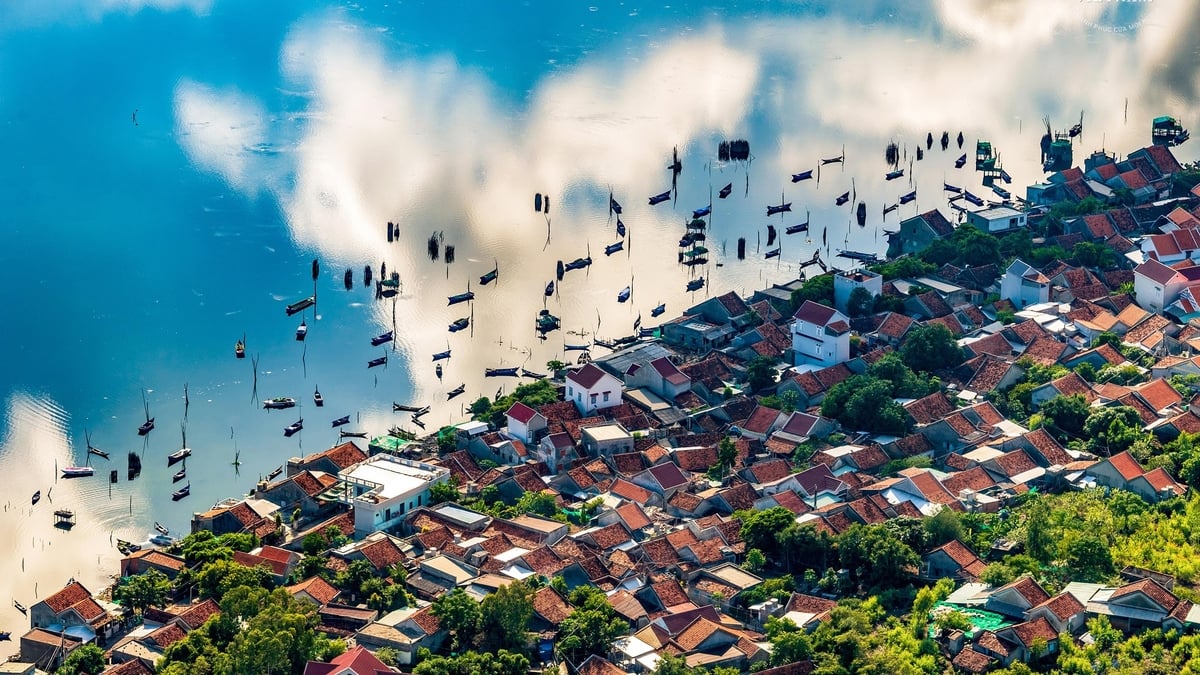
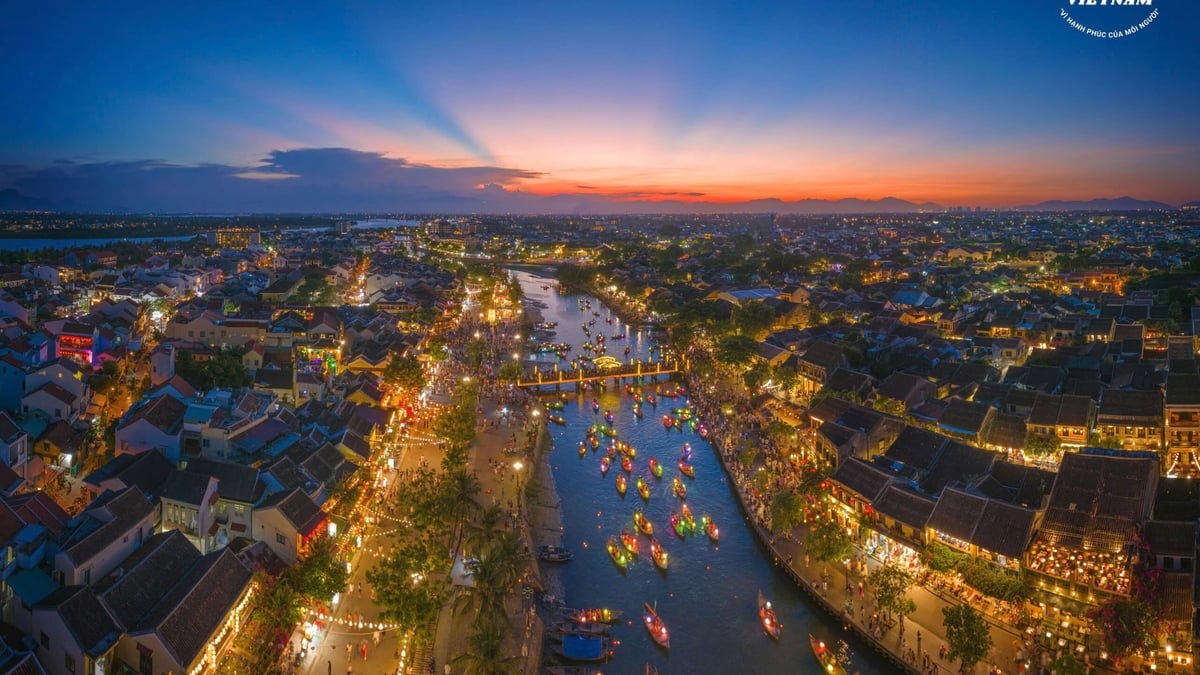



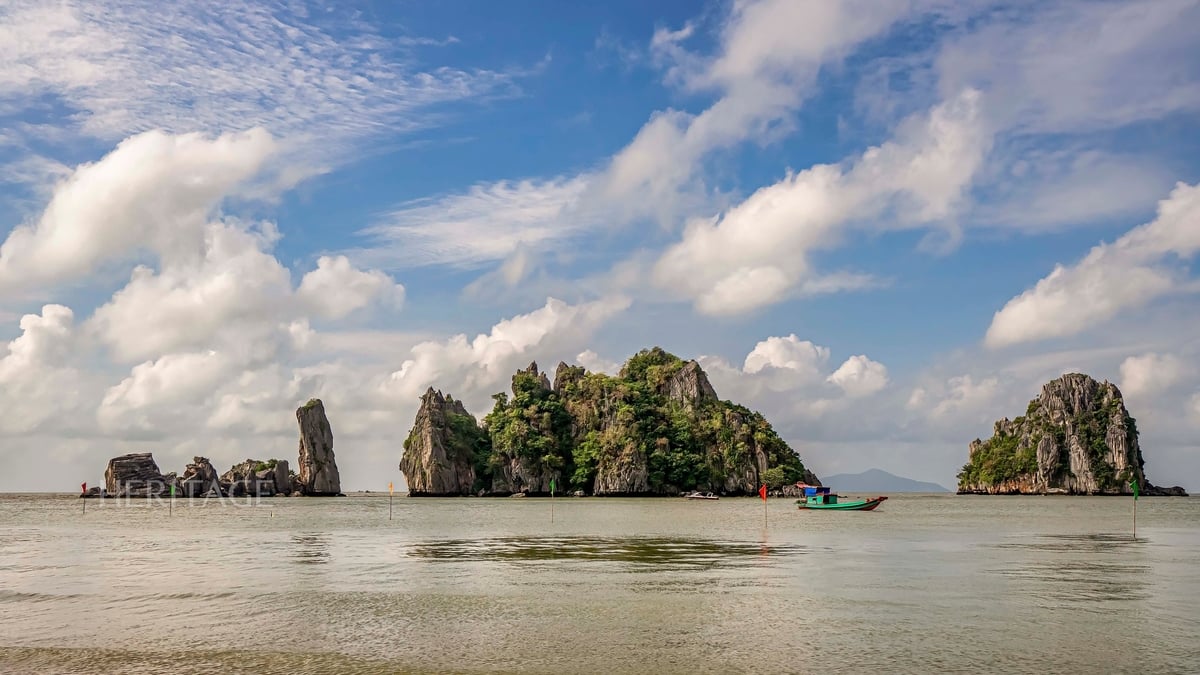
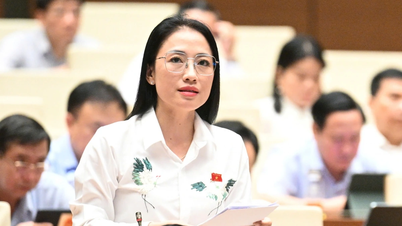

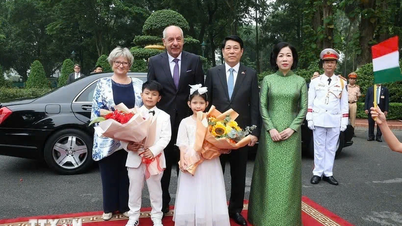
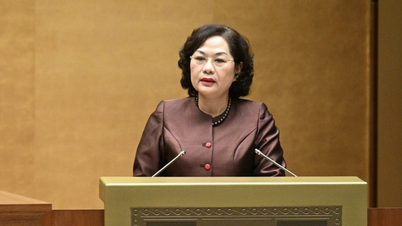

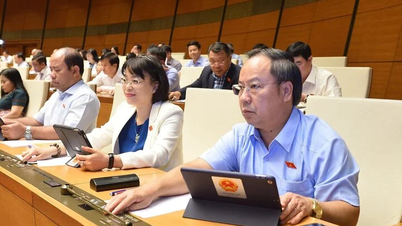

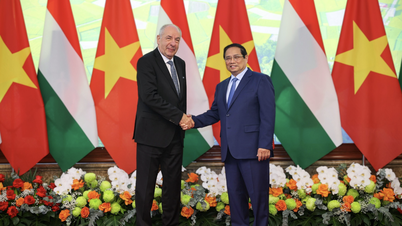

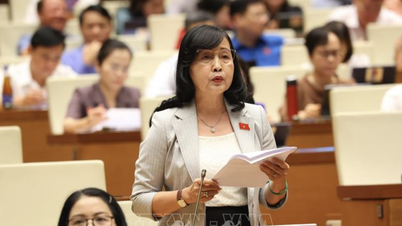





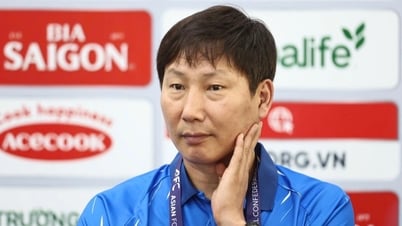


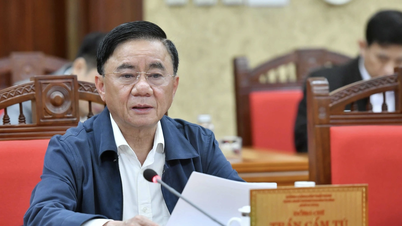


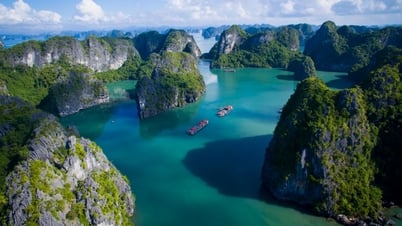



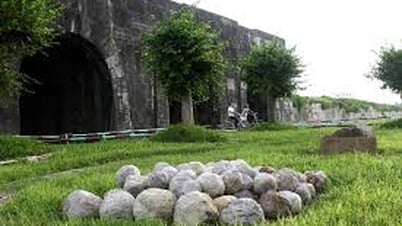

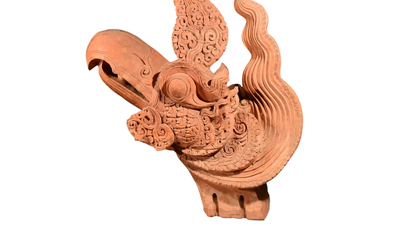




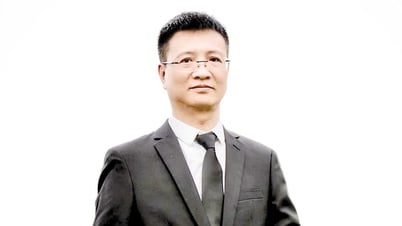




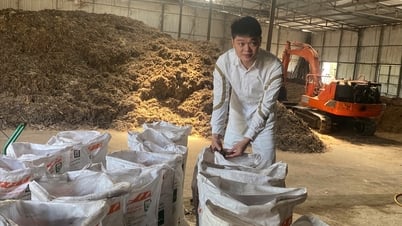

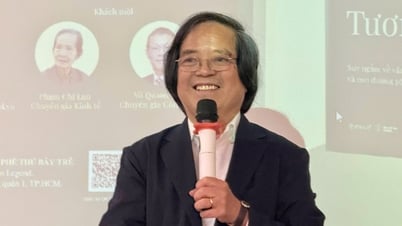


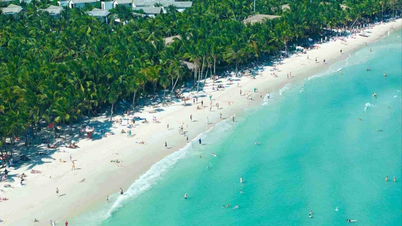

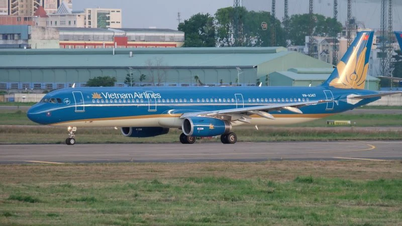



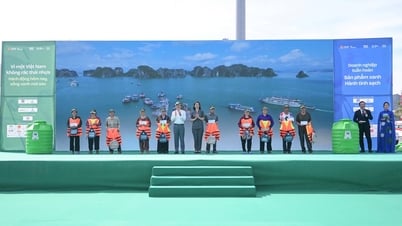

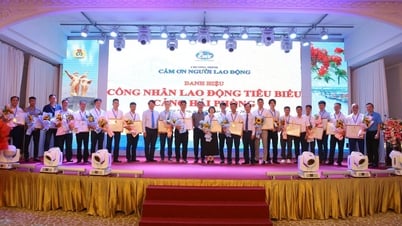
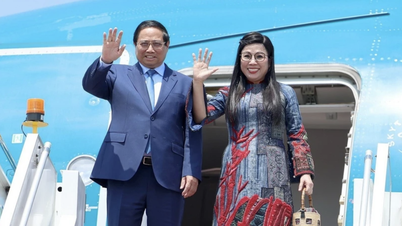


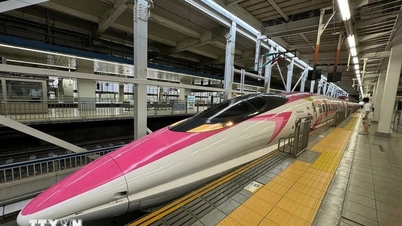


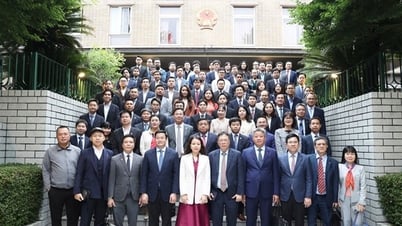

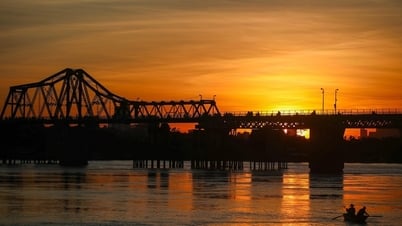

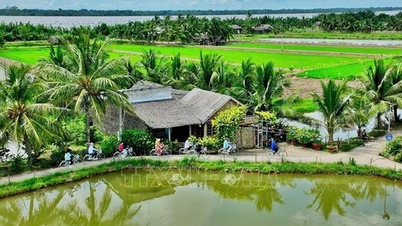

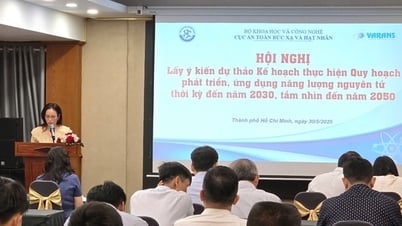

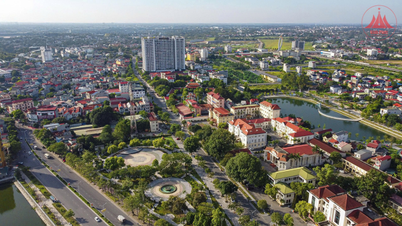

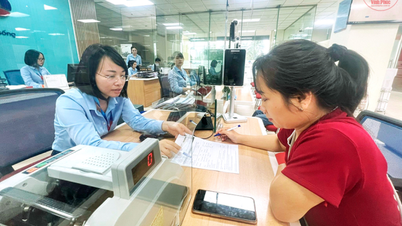
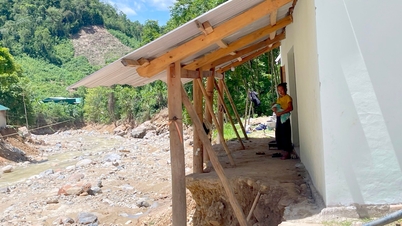

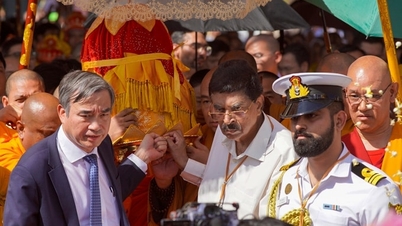















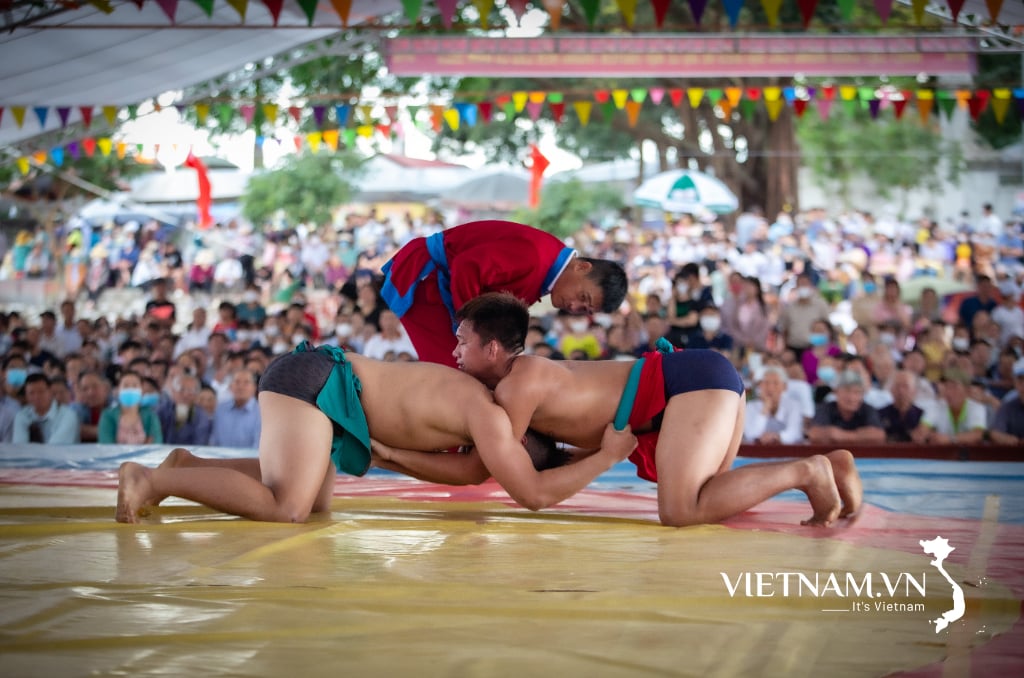

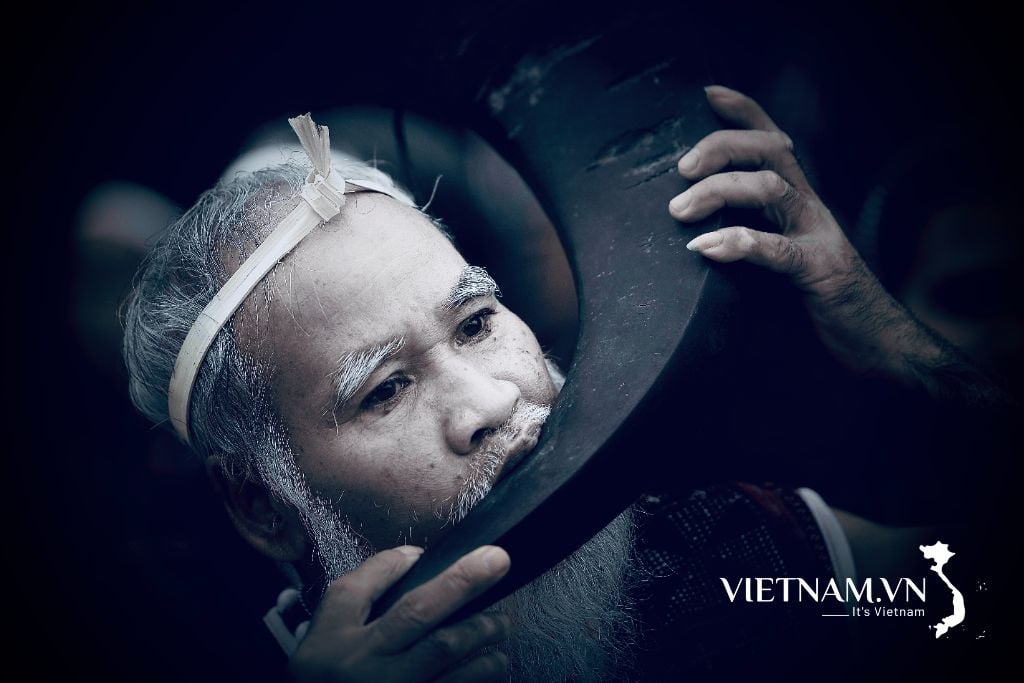
Comment (0)